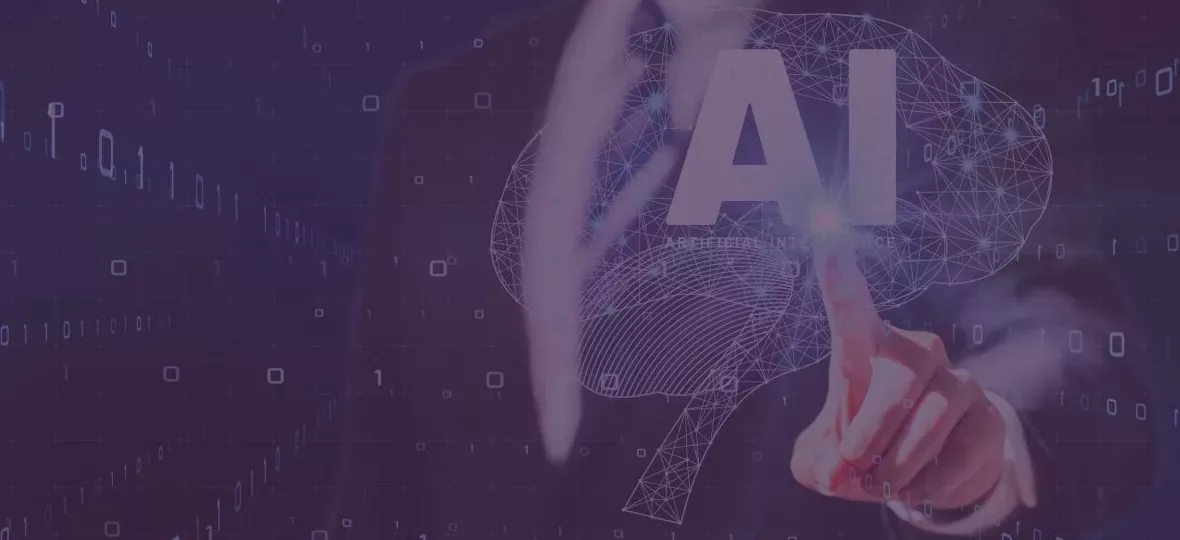
13 Jun 2025
AI and the Human Learning Experience
At Mantle, we’ve always been curious about how people learn – what works, what sticks, and what gets in the way. Over the past 18 months, the rise of AI has added a whole new layer to that conversation. While we’ve used digital tools to support individual and social learning for years, the leaps in AI capability have opened new, sometimes surprising doors.
At Mantle, we’ve always been curious about how people learn – what works, what sticks, and what gets in the way. Over the past 18 months, the rise of AI has added a whole new layer to that conversation. While we’ve used digital tools to support individual and social learning for years, the leaps in AI capability have opened new, sometimes surprising doors.
So, we’ve been exploring. Testing. Reflecting. And now, we’re sharing a few things we’ve learned along the way.
AI: A Capable (and Sometimes Quirky) Learning Companion
Done well, AI can supercharge the learning experience—not by replacing human thinking, but by sharpening it.
Here’s what that can look like:
- Smarter Reading and Research
AI tools can help make sense of complexity, offer real-time clarification, and even pull in the latest thinking on a topic. Like reading with a research assistant at your elbow. - Practice That’s Made to Fit
Struggling to find the right scenarios to practise a new skill or test a tricky conversation? AI can build tailored examples on demand, helping you apply knowledge in real time—where and how it matters most. - Space to Reflect
Some AI tools prompt learners to pause, reflect, and plan their next step. That reflection—often the first thing we skip when we’re busy—makes learning stick. - Microlearning in the Flow of Work
Whether it’s a role-play, a reminder, or a quick prompt to revisit something from a workshop, AI can help learning show up right when it’s needed—not just in the training room.
What to Watch Out For
Of course, like any tool, AI is only as useful as the way we use it.
- Don’t Skip the Thinking
When AI makes things faster or easier, it’s tempting to hand over too much. But learning still requires effort. Critical thinking, decision-making, and creativity need to be practised—not outsourced. - Check the Source
AI tools can generate confident-sounding responses that are… wrong. Or biased. Or outdated. It’s still on us to check the facts, question the assumptions, and think for ourselves.
A Powerful Partnership
AI is fast, clever, and getting better all the time. But it doesn’t replace human insight, creativity or judgment. The real value lies in the partnership—when we use AI to support learning, not short-cut it.
It also takes skill. Knowing what to ask, how to prompt, and when to pause is part of the modern learning toolkit. Just like coaching, AI works best when we’re clear about what we’re trying to achieve.
The tools might be changing fast, but the fundamentals of learning haven’t. Learning still takes effort. Reflection. Curiosity. And time.
AI can help. But real, lasting growth still belongs to those who show up, think deeply, and stay open to what’s next.
